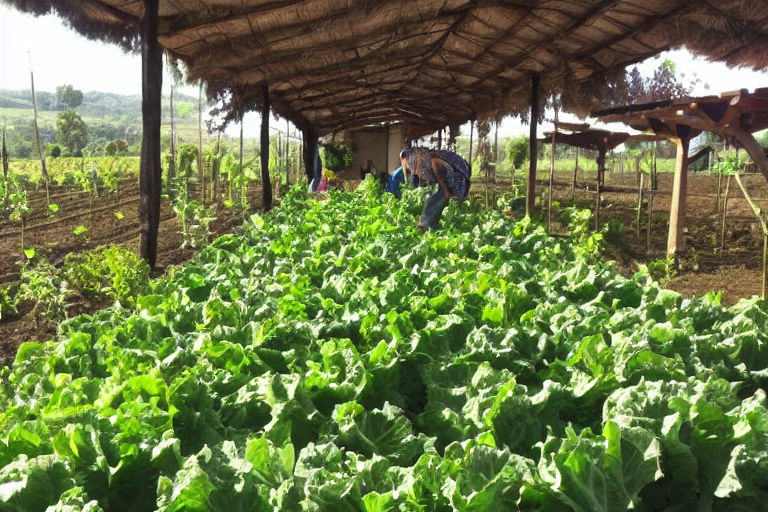The Benefits and Challenges of Starting an Organic Farming Community
Organic farming has gained popularity in recent years as more people are becoming conscious about their health and the environment. The idea of starting an organic farming community has emerged as a result, with the aim of promoting sustainable living and agricultural practices. However, as with any type of community, there are both benefits and challenges that need to be considered.
Benefits of Starting an Organic Farming Community
Organic farming has a number of benefits, not only for individuals but also for the environment. An organic farming community can promote:
- Healthy Eating: Organic food is free of harmful chemicals and pesticides, making it a healthier choice for individuals.
- Sustainable Living: Organic farming practices are sustainable, which means they can help reduce the carbon footprint and promote eco-friendly living.
- Community Development: An organic farming community can help create a close-knit community that shares common interests and goals.
- Farm-to-Table: With an organic farming community, individuals can have access to fresh, locally grown produce which is healthier and has a lower environmental impact than imported produce.
Challenges of Starting an Organic Farming Community
While the benefits of an organic farming community are significant, there are also several challenges that come with starting one:
- Land Availability: Finding suitable land for an organic farm can be a challenge. It requires a large enough area and proper soil quality to ensure the success of crops.
- Investment: Starting an organic farm requires a significant amount of investment, including purchasing land, equipment, and hiring employees. This can be a challenge for those on a limited budget.
- Marketing: Marketing organic produce can be challenging because it requires educating consumers about the benefits of organic food and convincing them to pay a premium for it.
- Weather Conditions: Organic farming is heavily influenced by weather conditions. Extreme weather events such as droughts, floods or heatwaves can be detrimental to the crops, causing significant losses to the farmers.
Conclusion
Starting an organic farming community can be a rewarding experience, bringing together individuals who share a passion for sustainable living and healthy eating. However, it requires careful planning and consideration of the challenges that may arise. With the right investment and marketing strategies, an organic farming community can promote positive changes in both the environment and the lives of its members.



